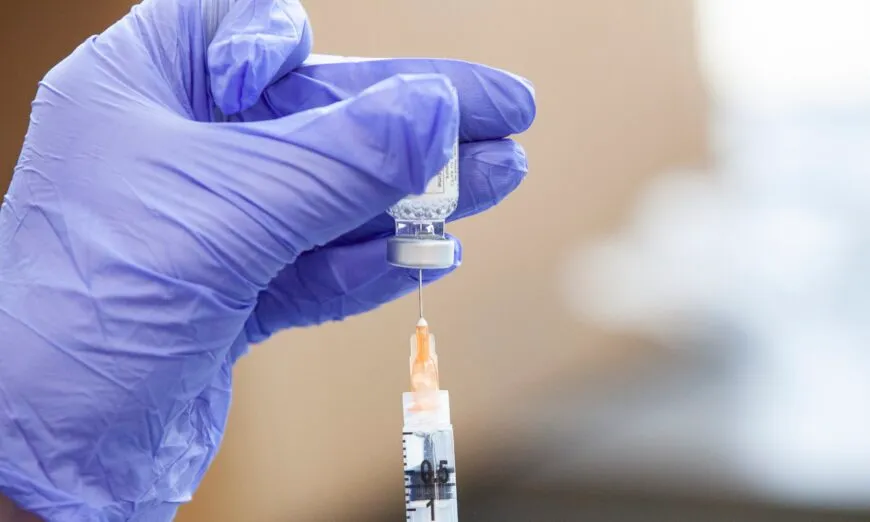Table of Contents
Chris Lynch
Chris Lynch is a journalist, videographer and content producer, broadcasting from his independent news and production company in Christchurch, New Zealand.

The Health and Disability Commissioner has criticised a pharmacist for not providing enough information to Rory Nairn before he received the Pfizer Covid-19 vaccine.
The 26-year-old Dunedin man died on 17 November 2021, 12 days after being vaccinated against the virus.
A Coroner found that his death might have been prevented if he had been given more information before consenting to the vaccine.
Coroner Sue Johnson determined that Rory Nairn’s death in November 2021 was caused by myocarditis, due to vaccination with the Comirnaty Pfizer/BioNTech COVID-19 vaccine.
In further findings released today, the Coroner considered the circumstances surrounding Nairn’s death.
The Coroner said that when Nairn went to the pharmacy for the injection, he answered “no” to questions about his health, including whether he was feeling unwell or had any cold or flu symptoms, and was then taken to a screened-off area to receive the vaccine

At the inquest, the Coroner’s Court heard that the pharmacist who administered the vaccine had run through its most common side effects with Nairn before vaccinating him. However, she said she had not referred to myocarditis and chest pain, as they were “a very rare side effect of the vaccine.”
Information sheets in the booth did not list myocarditis as a side effect but mentioned that if a person experienced a racing heart or chest pain in the days after the vaccine, medical attention should be sought.
In the following days, Nairn complained several times that his chest felt “weird,” and early on 17 November 2021, he got out of bed, telling his partner the same. They discussed going to the hospital, but he said he would go to his own doctor later in the morning. However, he later collapsed and died in their bathroom.
A search of his phone showed he had been searching the internet for “heart racing” and “myocarditis.” The Coroner found that when Nairn was vaccinated in November 2021, myocarditis was known to be a side effect of the vaccine, and Te Whatu Ora Southern had sent several safety alerts about it from June 2021.
The vaccinator told the inquest she was aware when she vaccinated Nairn that myocarditis could be a rare side effect but was unaware of any requirement to specifically discuss it with customers. The pharmacy manager gave similar evidence, saying she did not consider Nairn should have been advised about myocarditis before being vaccinated but that he needed to be advised to contact the pharmacy or his doctor if he developed symptoms after the vaccination.
She said while the pharmacy had been advised to tell customers after their vaccination to seek medical advice for unexpected concerns such as shortness of breath or palpitations, this wasn’t done because: “there’s a million documents that are coming through and… we are doing the best that we can to see through everything that comes through and when it’s a link within a link, within a link you can only do the best you can.”
Coroner Johnson was satisfied that she did not need to make any recommendations as the Health and Disability Commissioner (HDC) carried out a thorough investigation into whether Nairn’s rights as a health service consumer were met.
Health and Disability Commissioner Morag McDowell found that none of the sources of official information explicitly required vaccinators to disclose the risk of myocarditis as part of the informed consent process prior to vaccination. She also noted there was evidence that the importance of new information, relative to other information, was not made clear to vaccination providers.
“Given the seriousness of the risk of myocarditis and the information volume, one could reasonably expect that in communication to the providers the risk would be emphasised or highlighted in some way,” she said. While she did not find the pharmacy in breach of the Code, Ms. McDowell was critical that it did not update its standard operating procedure to ensure consumers were given adequate safety netting advice about the risk of the symptoms of myocarditis to look out for. She also made an adverse comment about the pharmacist who vaccinated the man but similarly did not find her in breach due to the mitigating factors.









